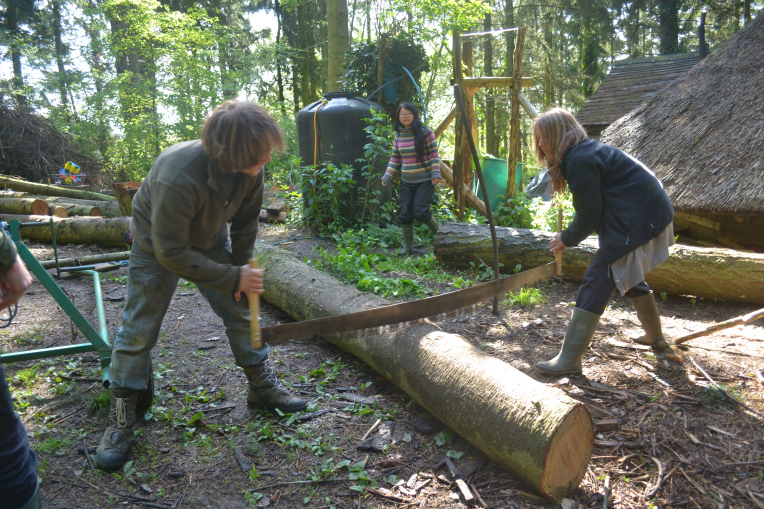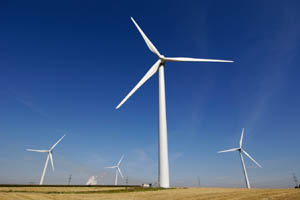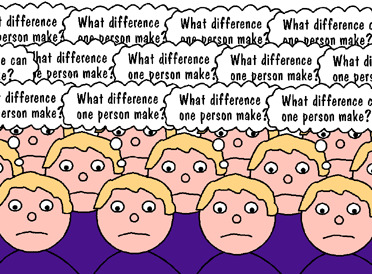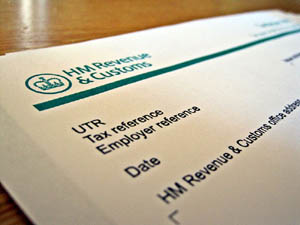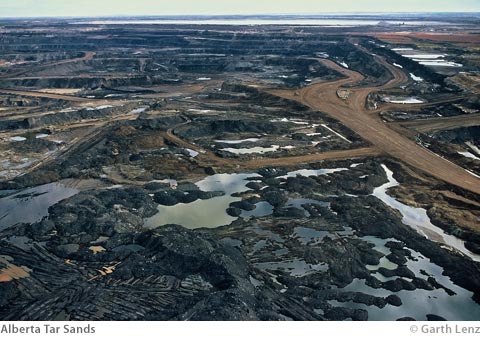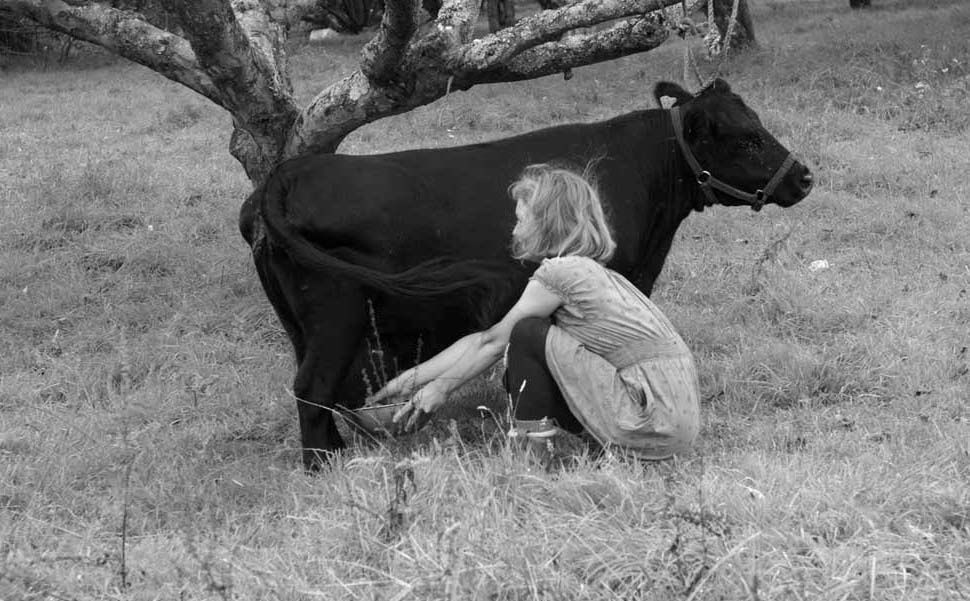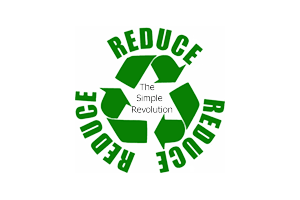"Never doubt that a small group of thoughtful, committed citizens can change the world.
Indeed, it is the only thing that ever has."

It's simple: just stop consuming and we can survive
Simple (sɪmp(ə)l), a. not complicated; not elaborate; natural; clear.
Revolution (rεvə'lu:∫(ə)n), n. a radical change or reversal of circumstances.
A massive worldwide revolution is going to take place over the next century, driven by Peak Oil and Climate Change. There is nothing you can do to prevent this revolution taking place, but you can help decide what this revolution looks like.
Climate Change: Why you need to change
- Scientific consensus is that we will likely cause 4.3°C of global warming by 2100, if current trends continue. [1]
- This is expected to:
- To avoid this, we need to reduce global emissions by at least 60% - to 1.84 tonnes CO2e annual emissions per person - within the next 10 years [6]
- In the UK, this means we need to reduce our emissions by at least 87% over the next 10 years to have a reasonable chance of avoiding dangerous climate change.
- Renewables are not able to achieve this. [7]
- Failure to meet these targets is likely to lead to runaway climate change and could potentially cause extinction of most life on this planet. [8]
- If we want to continue living on this planet, we all need to stop consuming excessively.
- When are you going to stop?
How to join the revolution
It's simple:
- Reduce your own emissions to below 2 tonnes CO2e.
- Enlist others to join the revolution.
This website is designed to be a resource to help you reduce your emissions and to provide the arguments to persuade others of the need to reduce theirs. Please get in touch if you wish to contribute, comment or provide links to useful resources.
Website contents
The Simple Revolution
Other Articles

Notes
1. "Summary for policy makers", IPCC, Table SPM-2, AR5 WG1 2013, p. 21, http://www.climate2013.org/images/uploads/WGI_AR5_SPM_brochure.pdf
2. "Climate Stabilization Targets: Emissions, Concentrations, and Impacts over Decades to Millennia", National Research Council, Washington, DC: The National Academies Press, 2011, pp. 160-162, http://www.nap.edu/openbook.php?record_id=12877&page=160
3. "The impact of a global temperature rise of 4°C (7°C)", Met Office, Four degree interactive map, Agriculture, http://www.metoffice.gov.uk/climate-guide/climate-change/impacts/four-degree-rise/map
4. "Climate impacts on food security and nutrition", Met Office, http://www.metoffice.gov.uk/media/pdf/k/5/Climate_impacts_on_food_security_and_nutrition.pdf
5. "Extinction risk from climate change", Chris D. Thomas, Nature 427, 145-148 (8 January 2004) | doi:10.1038/nature02121, http://www.nature.com/nature/journal/v427/n6970/full/nature02121.html
6. "Beyond 'dangerous' climate change: emission scenarios for a new world", Kevin Anderson and Alice Bows, Phil. Trans. R. Soc. A (2011) 369, 20-44 doi:10.1098/rsta.2010.0290 , http://rsta.royalsocietypublishing.org/content/369/1934/20.abstract
7. "Renewables won't fix it", Simple Revolution, index.php?Renewables
8. "Climate change summary and update", Guy McPherson, http://guymcpherson.com/2013/01/climate-change-summary-and-update/



